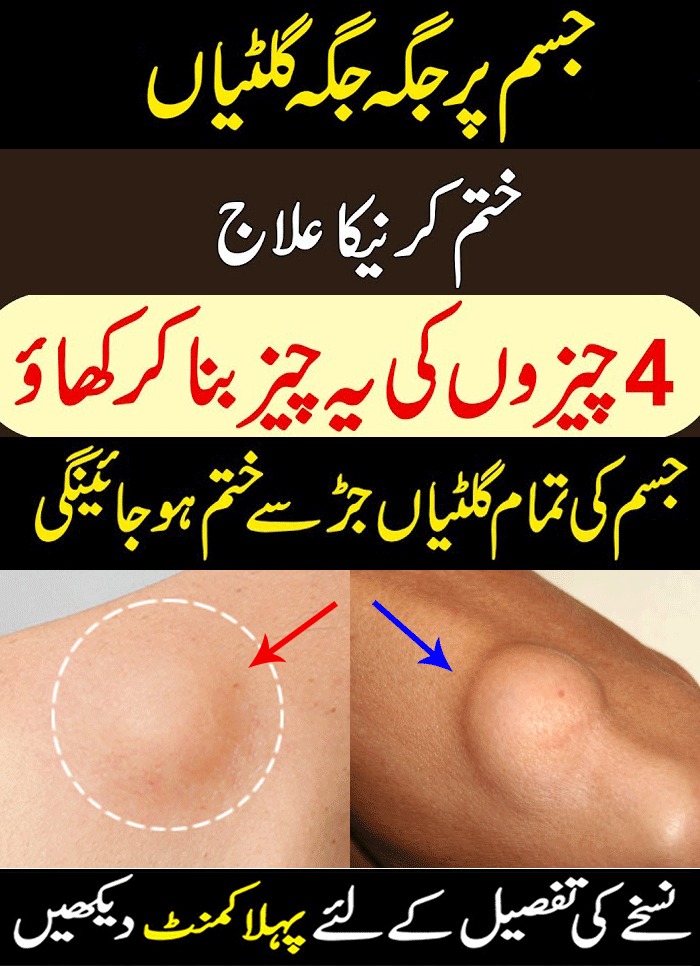London: Taking magnesium helped four out of five people suffering leg cramps at night, say, researchers. Lack of the mineral found in broccoli and green leafy vegetables is one of the most common causes of leg cramps, but only one in six people surveyed is aware of the connection. Two studies show taking magnesium oxide supplements can ease cramping pain in the calf or the small muscles of the foot, particularly at night.
Advertisement
Israeli researchers found an anti-leg cramp formula consisting of the mineral and vitamins B6 and E alleviated leg cramps in two weeks, either stopping them completely or reducing them. Half of the 32 volunteers with the condition took the supplement for two weeks, during which time 82 percent of sufferers reported the cramps had stopped and six percent said they had reduced.
Leg Pain at Night Treatment Dr. Sharafat
Get Rid of Sciatica and Back Pain
back-bone-pain
Relieve-Back-Pain
This compared with around one in three of the remaining volunteers who were using a placebo (dummy) capsule. Researchers at the Chaim Sheba Medical Center, Tel Hashomer, compared sleeping scores for the volunteers aged in their 50s during a two-week period before using the supplement and while they were using it.
No side effects were reported, say findings published in the journal Magnesium Research. The supplement formula, called RealMagLegs, which has just been launched in the UK, was also tested against a magnesium citrate capsule to assess its absorption into the body’s cells.
The study shows magnesium citrate does not penetrate the cells and cannot, therefore, have any efficacy, possibly explaining mixed results in some trials about whether oral magnesium supplements reduce night leg cramps. By contrast, X-ray testing on 41 volunteers showed magnesium oxide significantly penetrated the cells, according to results from the same medical center in the journal.
Although the mineral is found in many foods, such as green vegetables, beans, whole grains, and nuts including peanut butter, UK nutrition data shows one in six do not get sufficient supplies to meet recommended dietary levels.
A survey of 1,000 people aged 30-65 years commissioned by RealMag Legs, made by Bausch + Lomb, revealed that 97 percent had suffered from cramps at some point – and 60 percent had been woken during the night with cramping pain. Just 14 percent of those questioned knew anything about magnesium and muscular health
When asked what they thought caused cramps, a third of those surveyed said they thought cramps were due to using muscles they didn’t normally use regularly, while one in five thought they got cramps due to exercising too much.
Just one in six believed nutritional imbalance to be a cause. Almost all those surveyed managed their cramps by stretching, massaging the painful area, or getting up and walking around.
Physiotherapist John Miles, head of medical services for the Cardiff Blues Rugby Team, said patients wanting help with leg cramps tend to think it’s a muscular problem when mineral deficiency could be a reason. He said: ‘We approach it in a holistic way, massage may help but so can changing your diet.’
Dr. Emma Derbyshire, leading nutritionist and advisor to an independent health care panel from Bausch + Lomb said: ‘Most people in the western world do not get enough magnesium and 50 percent have low levels of magnesium in their bodies.
‘Low levels of magnesium are associated with nocturnal leg cramps. Although magnesium is available in various forms and availability to the body varies, magnesium oxide has been proven to be superior to other forms of magnesium in magnesium available to the body’s cells.
‘The science demonstrates how effective RealMag Legs can be to alleviating muscular cramps – by directly helping to deliver the magnesium intracellularly where it has a potential for efficacy in the highly distressing condition



